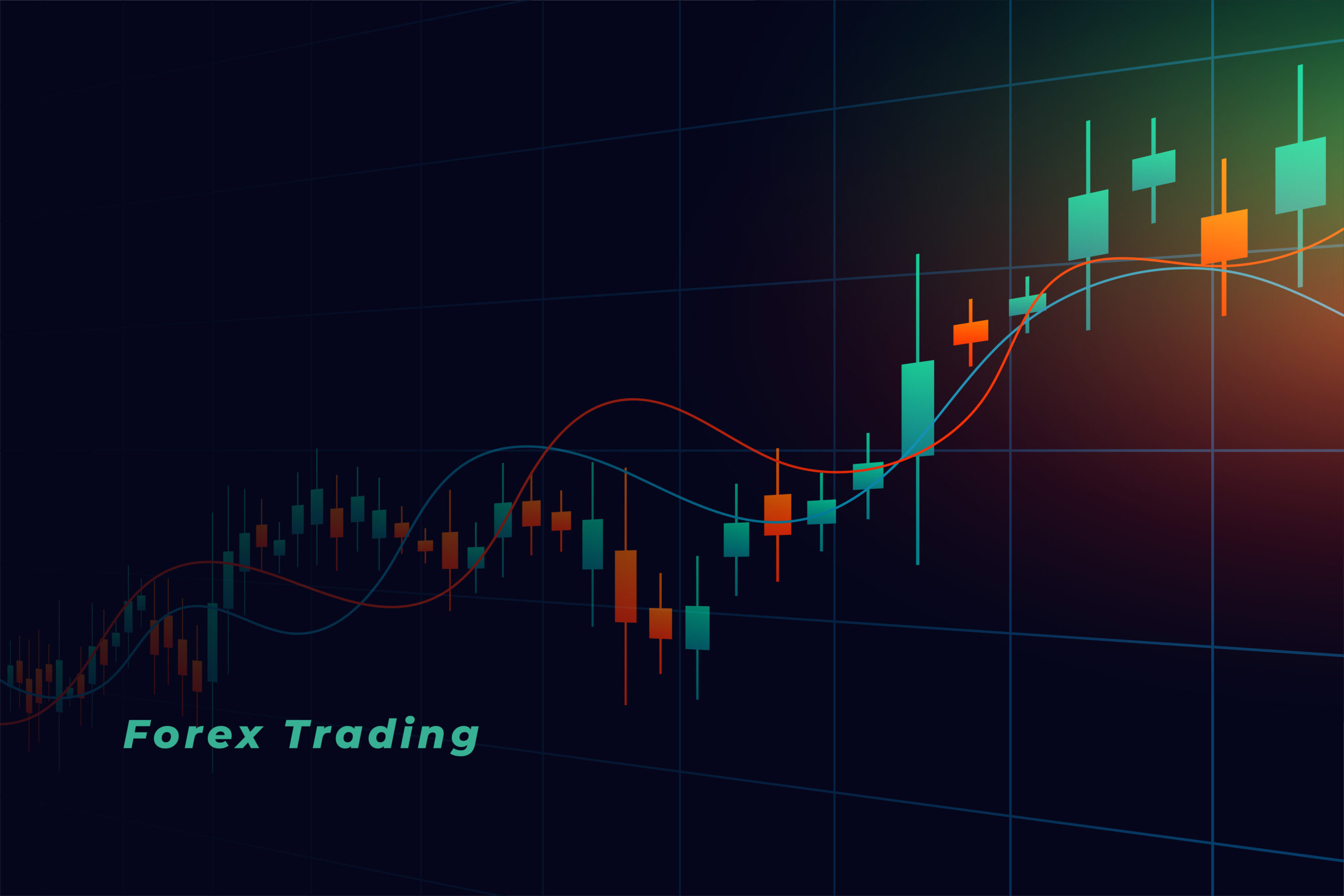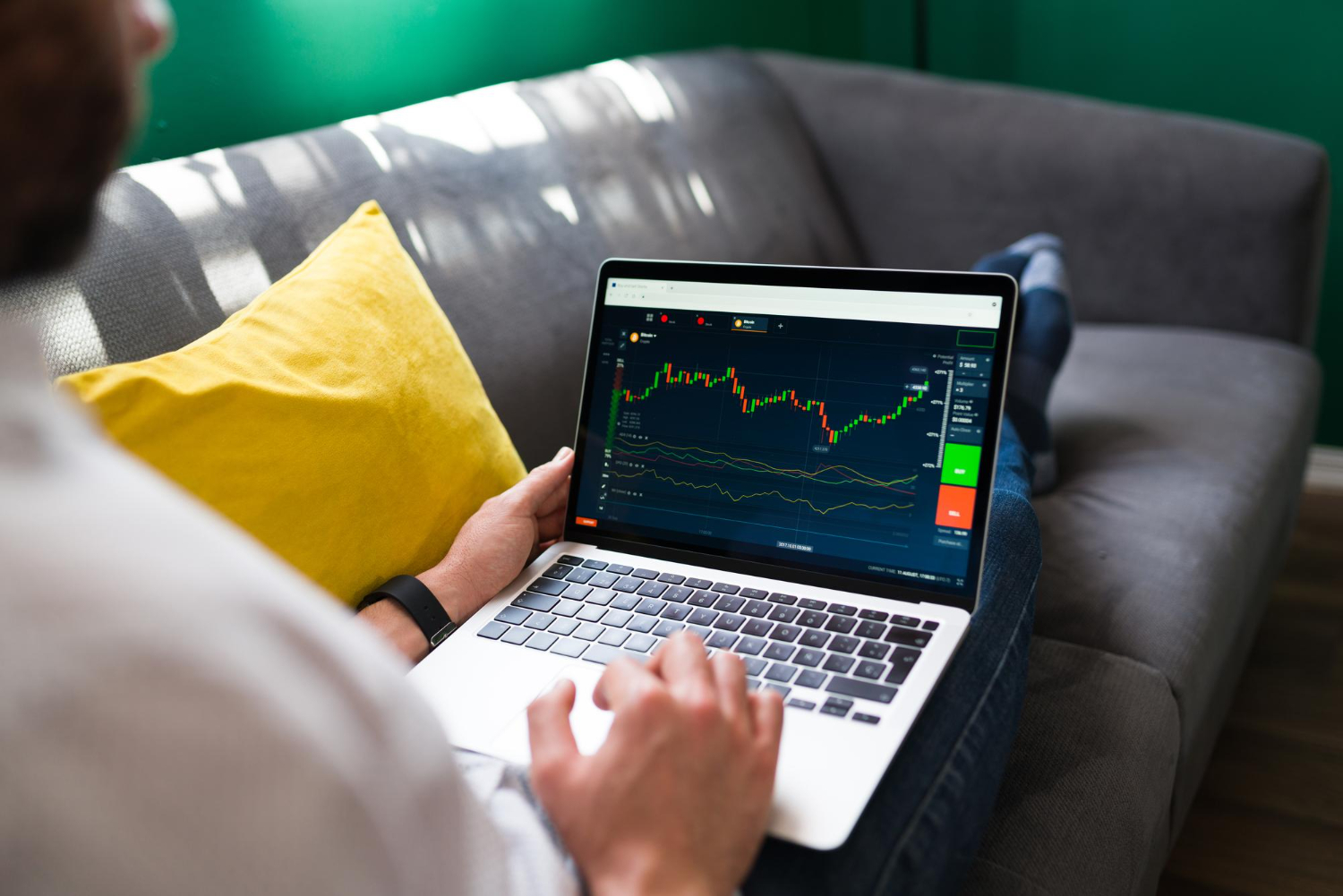In terms of investing, various options include forex trading and regular trading.
Both cases involve purchasing and selling assets, like stocks or currencies. They are based on different markets that have distinct features and potential risks.
This article will examine the differences between forex and regular trading, highlighting their major distinctions and similarities.
Knowing the differences between these two types of trading can help you make more informed investment choices if you’re a seasoned investor or are just beginning your journey.
What is Forex Trading?
Forex, Also called foreign exchange, is purchasing and selling foreign currencies in the world market.
The Forex market involves trading currency pairs, such as JPY/GBP or USD/EUR, to make money from exchange rate fluctuations.

Advantages of Forex Trading
- High liquidity
- 24/7 market availability
- High leverage
- Low transaction costs
Disadvantages of Forex Trading
- High volatility
- Complex trading strategies
- High risk
- Limited regulations
What is Regular Trading?
Regular trading, also known as stock trading, is purchasing and selling shares in publicly traded companies on stock exchanges.
In regular trading, traders aim to profit from the fluctuations in the stock prices of the companies they invest in.

Advantages of Regular Trading
- Diversification opportunities
- Potential for long-term gains
- Easy access to market news and analysis
- Well-regulated market
Disadvantages of Regular Trading
- Low leverage
- Limited market availability (trading hours)
- High transaction costs
- Dependent on market conditions
Let’s look at the Comparison between forex trading and regular trading.
Comparison between Forex Trading and Regular Trading
| Feature | Forex Trading | Regular Trading |
| Market | Currency pairs are traded on the global foreign exchange market | Shares of publicly traded companies are bought and sold on stock exchanges |
| Market Hours | Open 24/7 | Limited trading hours based on the stock exchange |
| Leverage | High leverage available | Lower leverage available |
| Liquidity | High liquidity due to the large volume of trades conducted daily | Liquidity can vary depending on the stock and market conditions |
| Volatility | High volatility due to rapid fluctuations in exchange rates | Volatility can vary depending on the stock and market conditions |
| Risk | High risk due to volatility and leverage | Lower risk, but still involves market risk |
| Strategy | Complex trading strategies due to high volatility and rapid fluctuations | Simple to complex strategies depending on the investment approach |
| Cost | Low transaction costs | High transaction costs |
| Diversification | Limited diversification options | High diversification options with access to various industries and sectors |
| Regulations | Less regulation compared to regular trading | Strict regulations to protect investors and maintain market integrity |
| Instruments | Currency pairs | Shares, stocks, ETFs, options, futures, and more |
| News and Analysis | Global news and events impact exchange rates | Company-specific news and analysis impact stock prices |
Note: This table is for informational purposes only and does not constitute financial advice. Trading involves risk and may not be suitable for everyone. Before making any investment decisions, please consult with a financial advisor.
Which One is Better: Forex Trading or Regular Trading?
The answer to this question depends on the individual trader and their goals. Forex trading is generally more suitable for traders looking for high leverage, low cost, and a 24-hour market. Regular trading is more suitable for traders looking for diversification and lower risk.
Ultimately, the best approach is to choose the type of trading that best suits your goals, risk tolerance, and experience level. Researching and practising trading in a demo account before risking real money is important.
FAQs: Forex Trading vs. Regular Trading
Is Forex trading riskier than regular trading?
Forex trading can be riskier than regular trading due to the high leverage and volatility of the currency markets.
How can I get started with Forex trading or regular trading?
To get started, you should do your research, choose a broker, and practice trading in a demo account before risking real money.
Can I trade both Forex and regular markets?
Yes, you can trade both forex and regular markets. Many traders trade Forex and regular markets to diversify their portfolios and exploit different opportunities.
What is leverage in Forex trading?
Leverage in Forex trading allows traders to control large positions with a small amount of capital. However, it can amplify both profits and losses.
Is Forex trading suitable for beginners?
Forex trading can be suitable for beginners, but it is important to research, practice trading in a demo account, and start with small positions to manage risk.
What are the risks of Forex trading?
The risks of Forex trading include market volatility, leverage, and counterparty risk.
Conclusion
Forex and regular trading are popular ways of buying and selling assets. While there are similarities between the two, there are also significant differences in market hours, liquidity, leverage, and cost.
Ultimately, the best approach is to choose the type of trading that best suits your goals and experience level.